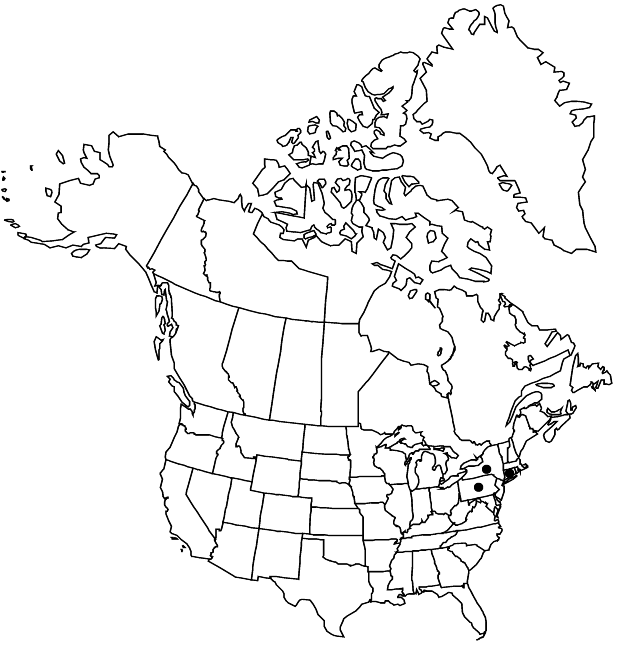Styrax japonicus
Fl. Jap. 1: 53, plate 23. 1837 ,.
Shrubs or small trees, to 8(–10) m, not suckering from roots. Leaves: petiole (2–)4–7(–10) mm; blade with 5–8 secondary veins, oblong-elliptic, ovate-elliptic, ovate to ovate-lanceolate, or subrhombic, 3–11 × 2–5(–7) cm, margins of at least some leaves apically remotely serrate, longest arms of abaxial hairs to 0.6 mm. False-terminal inflorescences 2–5-flowered, 1–4 cm; axillary flowers present on at least some shoots (subtending leaves often reduced). Pedicels 15–50 mm, longer than calyx. Flowers: calyx 4–7 × 3–5 mm; corolla (8–)10–16(–23) mm, tube 3–5 mm, lobes 5(–6), imbricate in bud, slightly reflexed, ovate, oblong-ovate, obovate, or ovate-lanceolate, 11–20 × (3–)5–7(–9) mm; filaments distinct beyond adnation to corolla. Capsules ovoid or ellipsoid, 8–15 × 8–10 mm (broader when 2–3-seeded), gray or grayish yellow stellate-pubescent, dehiscent from distal or proximal end, broadly exposing seed(s); fruit wall 0.4–1 mm thick. 2n = ca. 40.
Phenology: Flowering May–Jun; fruiting Aug–Oct.
Habitat: Woods
Elevation: 0-300 m
Distribution

Introduced; Conn., N.Y., Pa., e Asia.
Discussion
The ornamental Styrax japonicus has become very locally naturalized in three northeastern states.
Selected References
None.